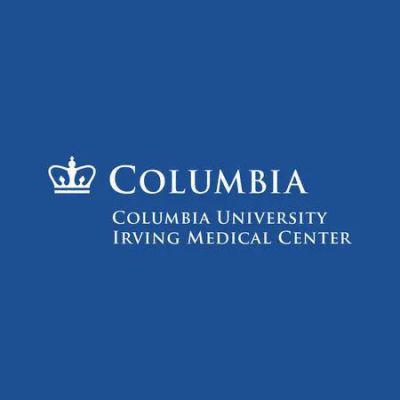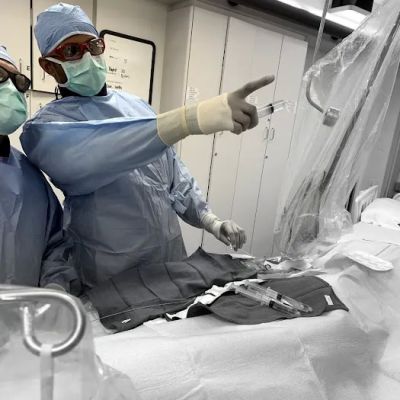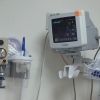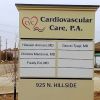Understanding the Role of Early Detection in Heart Disease Prevention
- The Importance of Early Detection in Heart Disease
- Risk Factors That Increase the Need for Early Detection
- How Screening and Early Diagnosis Help Prevent Heart Disease
- Real-Life Examples: How Early Detection Saved Lives
- How to Take Action for Heart Disease Prevention
The Importance of Early Detection in Heart Disease
Heart disease remains one of the leading causes of death globally, but the good news is that early detection can significantly reduce the risks and improve treatment outcomes. Early detection of heart disease allows for timely intervention, preventing the condition from progressing to severe stages. By identifying issues such as high cholesterol, high blood pressure, and irregular heart rhythms early, doctors can develop a proactive treatment plan tailored to each patient's needs.
Understanding the importance of early detection is essential for anyone at risk of heart disease, especially those with a family history or lifestyle factors that increase their vulnerability. With early diagnosis and preventive care, heart disease can be managed effectively, improving quality of life and reducing the burden on healthcare systems.
Risk Factors That Increase the Need for Early Detection
Several risk factors can elevate the likelihood of developing heart disease, and these should be closely monitored through regular health check-ups. Some of the most common risk factors include:
- High Blood Pressure: This condition can strain the heart and arteries, increasing the risk of heart disease. Regular monitoring can help manage and reduce this risk.
- High Cholesterol: Elevated cholesterol levels lead to plaque buildup in the arteries, which can restrict blood flow and trigger heart attacks. Early detection allows for lifestyle changes and medications to address this issue.
- Diabetes: Diabetes increases the risk of developing heart disease due to the damage it can cause to blood vessels over time. Early diagnosis and management are crucial.
- Obesity: Carrying excess weight increases the strain on the heart. Regular screenings help identify potential issues early.
- Family History: Genetics play a significant role in heart disease risk, making early detection even more critical for those with a family history of cardiovascular issues.
By identifying these risk factors early on, individuals can take action to reduce their likelihood of developing heart disease, thereby preventing serious complications later on.
How Screening and Early Diagnosis Help Prevent Heart Disease
Screening for heart disease involves tests such as blood pressure monitoring, cholesterol tests, and electrocardiograms (ECG), which help detect irregularities early. These screenings are crucial for identifying heart disease risk factors before symptoms become severe. Early diagnosis also allows for the use of preventative medications, lifestyle adjustments, and surgical interventions, which can greatly improve outcomes.
For example, if high blood pressure is detected early, it can be managed with lifestyle changes and medication to prevent further complications like stroke or heart attack. Similarly, early detection of high cholesterol levels can lead to dietary changes or medications to reduce plaque buildup in the arteries.
Timely intervention can not only save lives but also lead to better long-term health by reducing the need for more invasive treatments down the line.
Real-Life Examples: How Early Detection Saved Lives
Consider the story of John, a 50-year-old man who underwent a routine check-up where his doctor discovered elevated blood pressure. Upon further investigation, it was found that John had early-stage heart disease. With early treatment, including lifestyle changes and medications, John was able to prevent the condition from progressing into a more severe form of heart disease. His proactive care allowed him to continue enjoying an active, healthy lifestyle.
Another example is Mary, a 45-year-old woman who experienced fatigue and occasional chest discomfort. After seeking medical attention, she was diagnosed with high cholesterol and early signs of coronary artery disease. Thanks to early intervention, including diet modifications and cholesterol-lowering medications, Mary avoided the need for more serious procedures and significantly reduced her risk of a heart attack.
These stories highlight the power of early detection in heart disease prevention and demonstrate that with the right care, individuals can avoid life-threatening consequences.
How to Take Action for Heart Disease Prevention
Prevention is always better than cure. Here are some key steps individuals can take to prevent heart disease:
- Get Regular Check-ups: Regular visits to your healthcare provider for screenings and check-ups are crucial for early detection and prevention.
- Adopt a Heart-Healthy Diet: Focus on a balanced diet rich in fruits, vegetables, whole grains, and healthy fats to reduce the risk of heart disease.
- Exercise Regularly: Engaging in regular physical activity helps manage weight, blood pressure, and cholesterol levels.
- Avoid Smoking and Limit Alcohol: Smoking and excessive alcohol consumption increase the risk of heart disease. Quitting smoking and reducing alcohol intake can significantly lower these risks.
Taking proactive steps to monitor and manage heart disease risk factors, along with seeking early detection, can significantly improve heart health and quality of life. With regular screening and appropriate care, you can reduce your risk of heart disease and lead a longer, healthier life.





















